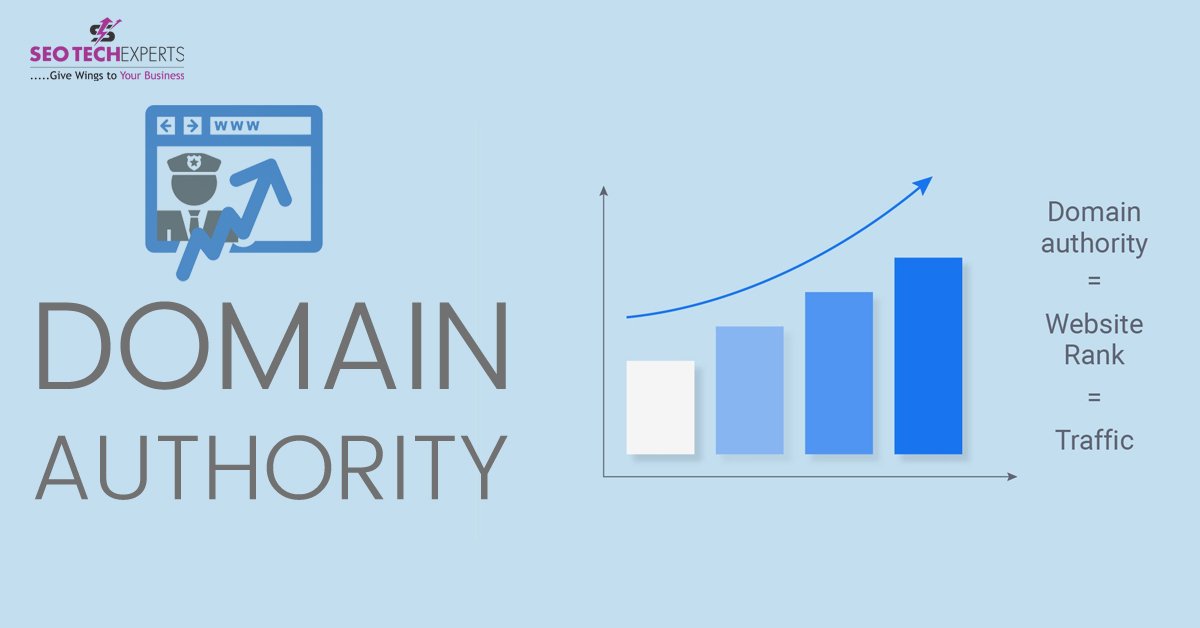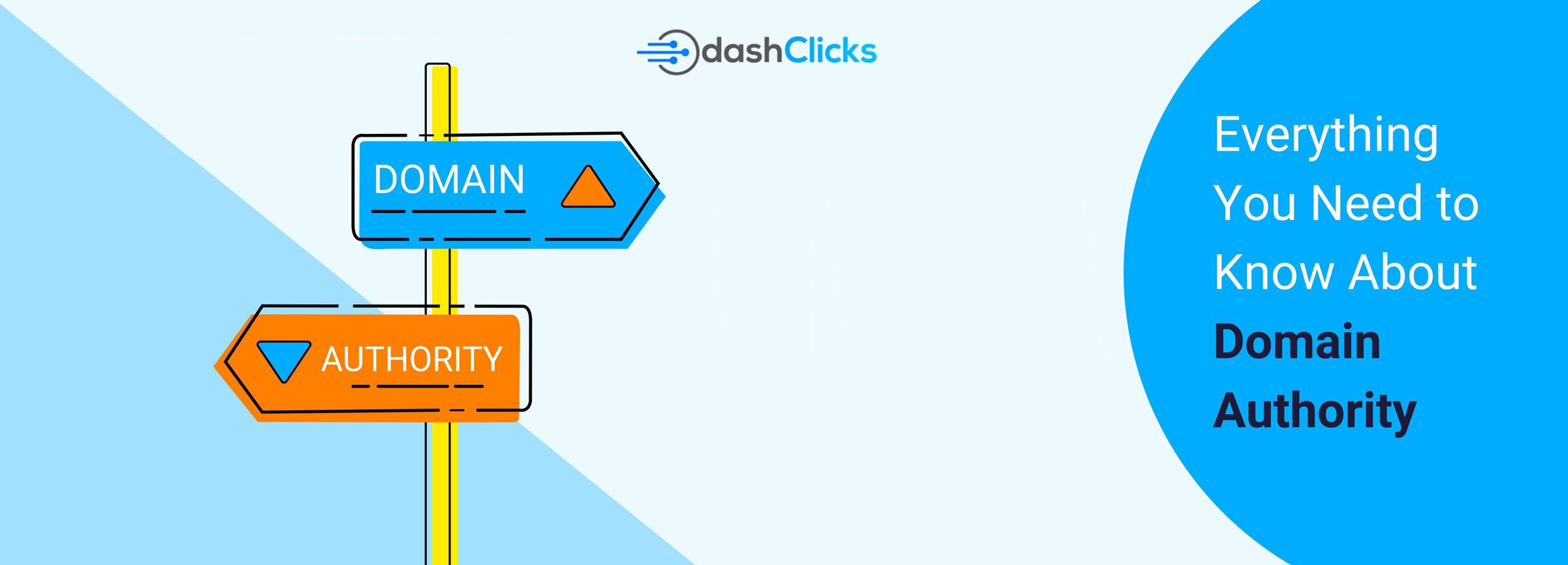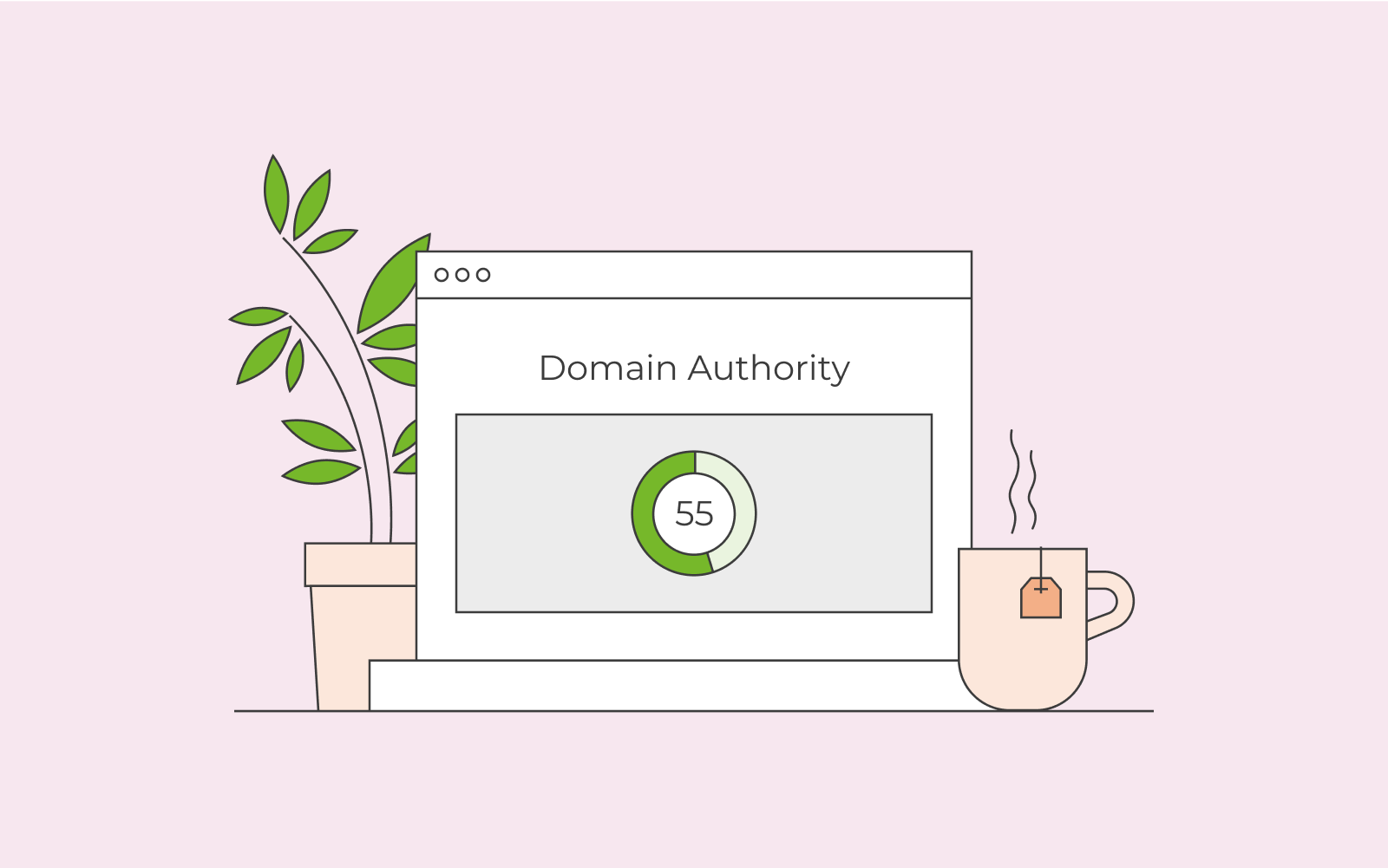

Are you wondering why your website isn't ranking higher in search engines?
Have you considered checking your domain authority? Knowing your domain authority score can help you understand how to improve your website rankings.
In this article, you'll learn about what domain authority is, the benefits of checking it, and how to do so. Plus, you'll get tips on how to improve your domain authority score.
Domain authority is a metric used to measure the strength of a website's online presence. It gives an indication of how well a website will perform in search engine rankings. It's determined by a range of factors, such as the age of the domain, the number of inbound links, and the quality of the content.
A higher domain authority score indicates that your website is more likely to rank higher in search engine results. Knowing your website's domain authority can be invaluable in helping you make decisions about how to improve your website's SEO.
It's important to remember that domain authority is not the same as page authority, which measures the strength of individual pages within a website.
Understanding the factors that impact your website's domain authority can help you maximize its success. Domain authority is a score that measures the strength of a website's domain, and is rated on a scale of one to 100. The higher the score, the more likely it is that your website will rank higher in search engine results. But what factors affect domain authority?
Link building is one of the most important factors. The more quality, relevant links pointing to your website, the higher your domain authority will be. You should also focus on building links from other authoritative websites.
Content is another key factor. Quality, relevant content that's regularly updated is key to improving your website's domain authority. Your content should also be optimized for keywords, as this will help boost your website's ranking in search engines.

Gaining insight into your website's domain authority score can help you better understand your website's performance in search engine rankings. To perform a domain authority check, you'll need access to a domain authority tool. There are many available online, but they vary in terms of features and accuracy.
Choose one with reliable data and make sure it's compatible with your website platform. Once you have the tool, enter your domain name and the tool will generate your domain authority score. If your score is low, it may be an indication that your website is not optimized for search engine rankings.
You can then take steps to improve your domain authority score, such as increasing your website's link profile, optimizing your content, and improving your website's overall usability. With a better domain authority score, you'll be able to improve your website's visibility and ranking in search engine results.
Boosting your domain authority score can help your website rank higher in search engine results. To improve your score, there are several strategies you can implement. First, create quality content that is relevant to your audience.
Quality content should be well-written, well-researched, and updated regularly. Additionally, link to and from authoritative sources as much as possible. This establishes trust and credibility with search engine algorithms. You should also utilize social media to its fullest, as it can be a great tool for increasing visibility and engagement.
Finally, build a comprehensive backlink profile with high-quality, natural links. All of these strategies can help improve your domain authority score and get your website noticed.

There are many misconceptions about domain authority that can lead to misunderstandings and ineffective strategies. Many people think that domain authority is a measure of their website's ranking on search engines, when in fact it is simply a score given to a website by third-party companies like Moz.
This score is used to indicate how authoritative a domain is relative to others on the web. It is also important to note that domain authority is not a measure of website traffic or SEO success. It's simply a way to compare domains against one another. Furthermore, it's important to understand that domain authority is not an absolute indicator of success.
A website with a high domain authority score may not necessarily have higher search engine rankings or more traffic than a website with a lower score. Domain authority is simply one of many factors to consider when evaluating a website's overall performance.
Monitoring your domain score is key to understanding how your website is performing online. To ensure your website is running at its highest potential, it's important to keep an eye on your domain authority. To do this, you should regularly check your domain authority score on reliable websites like Moz and Ahrefs.
Additionally, you should track your competitors' scores so you can understand how to improve your website and stay ahead of the competition. Furthermore, you should consider implementing strategies to increase your domain authority, such as improving link building efforts, creating quality content, and optimizing for mobile devices.
Lastly, be sure to keep an eye on any changes to algorithms that affect how domain authority is calculated. Doing so will enable you to make the necessary adjustments to ensure your website stays in top shape.

It's important to check your domain authority score regularly in order to determine how well your website is performing in terms of SEO rankings. Generally speaking, it's recommended to check your domain authority score at least once a month. This way, you can stay on top of any changes in your website's performance and make necessary adjustments to improve your SEO rankings. Additionally, you may want to check your score more often if you've recently made changes to your website or if you're in the process of launching a new website.
Yes, there are tools you can use to monitor and analyze your domain authority. Moz's Domain Authority and Page Authority metrics are two of the most popular tools for gauging a website's strength. You can also use other tools such as Ahrefs and Majestic to gauge the quality of your website's backlinks. You can also use Google Analytics to track the number of visitors you're getting, and make sure you're staying ahead of the competition.
Yes, there are ways to predict your domain authority score. You can use a variety of tools, such as Moz's Domain Authority tool, to approximate the score. This tool takes into account things like the age of your domain, the number of backlinks pointing to your website, and the quality of those backlinks. Additionally, it also takes into account other factors such as the number of social shares of your content. By using this tool, you can get a better idea of what your domain authority score might be.